What are you planning for fall/winter/spring?
organica
18 years ago
Related Stories
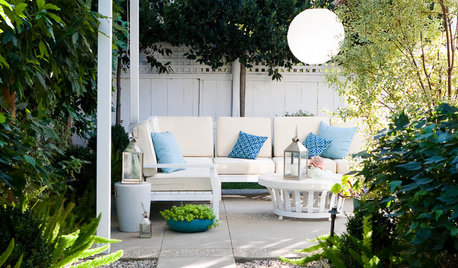
LIFEFall Planning for a Successful Big Spring Party
Get started now on assessing, completing home projects and cleaning to keep party stress and effort to a minimum come spring
Full Story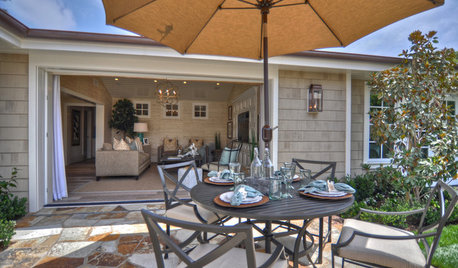
GARDENING AND LANDSCAPINGFall Checklist: 8 Ways to Winterize Your Patio
See how to get your deck or patio ready for cold, wet weather — and keep things in good shape for next spring
Full Story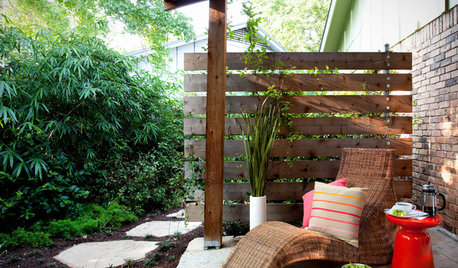
LANDSCAPE DESIGNThe Best Winter Garden Project? Plan for Next Year
Consider these 9 ideas now for a highly personal, truly enjoyable garden come spring
Full Story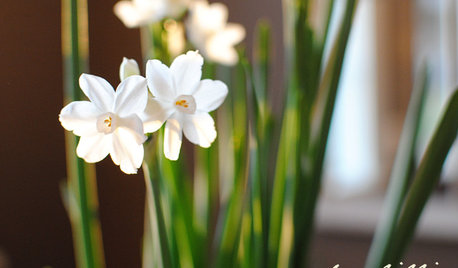
DECORATING GUIDESTreat Yourself to Spring Blooms in Winter
Get a jump on spring with a fragrant pot of paperwhites and other bulbs indoors
Full Story
GARDENING GUIDESGarden Myths to Debunk as You Dig This Fall and Rest Over Winter
Termites hate wood mulch, don’t amend soil for trees, avoid gravel in planters — and more nuggets of garden wisdom
Full Story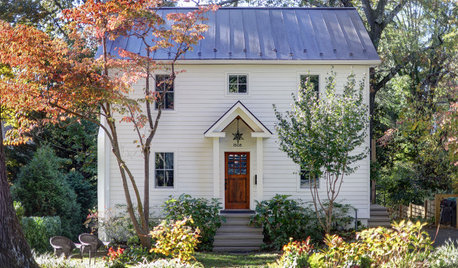
FALL GARDENINGMake This Fall’s Garden the Best Ever
Learn the most important tip for preventing buyer’s remorse, plus get more valuable buying and planting advice
Full Story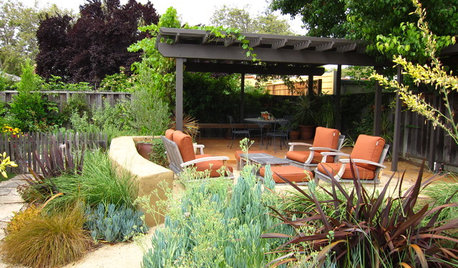
GARDENING GUIDESWhat Are Your Spring Gardening Plans?
Tearing out the lawn? Planting edibles? Starting from scratch? Tell us what you plan to change in your garden this year
Full Story
HOUSEKEEPINGChoose Your Own Spring Cleaning Plan
Instead of trying to do it all, pick one of these six cleaning approaches that’s right for you now
Full Story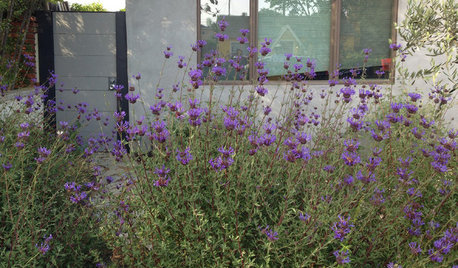
GARDENING GUIDES10 Late-Winter and Early-Spring Bloomers for the West
Tired of waiting for spring to arrive? Try these drought-tolerant, flowering plants for color that starts in late winter
Full Story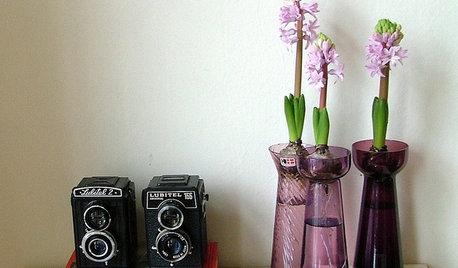
HOUSEPLANTSGet Spring-Like Hyacinth Blooms All Winter Long
Try one of these forcing methods for cheery, colorful flowers to brighten wintry days
Full StorySponsored






jimlang
nberg7
Related Professionals
Brentwood Landscape Architects & Landscape Designers · Oconomowoc Landscape Architects & Landscape Designers · Walnut Landscape Architects & Landscape Designers · Willowick Landscape Architects & Landscape Designers · Golden Gate Landscape Contractors · Mission Landscape Contractors · Oviedo Landscape Contractors · Petaluma Landscape Contractors · Ronkonkoma Landscape Contractors · Shoreview Landscape Contractors · Danbury Roofing & Gutters · Sebring Roofing & Gutters · Black Forest Roofing & Gutters · Bakersfield Swimming Pool Builders · Elk Grove Swimming Pool BuildersorganicaOriginal Author
PNWet
organicaOriginal Author
PNWet
slaphead
nberg7
slaphead
laxfan
ladymari
organicaOriginal Author
nberg7
silybum